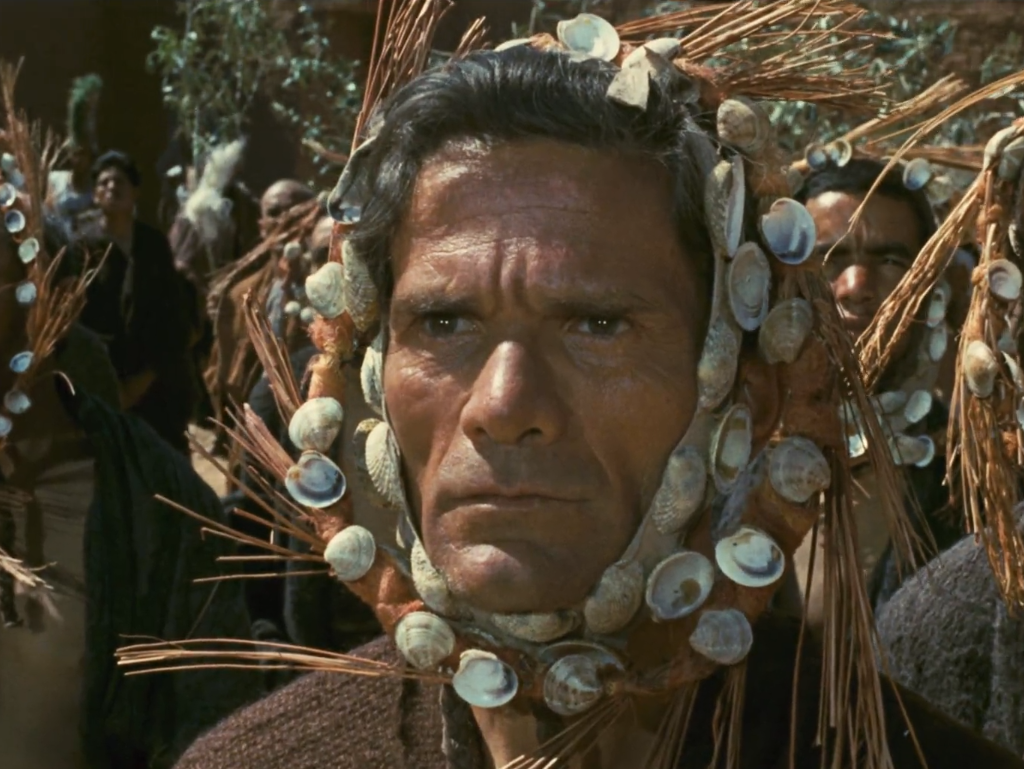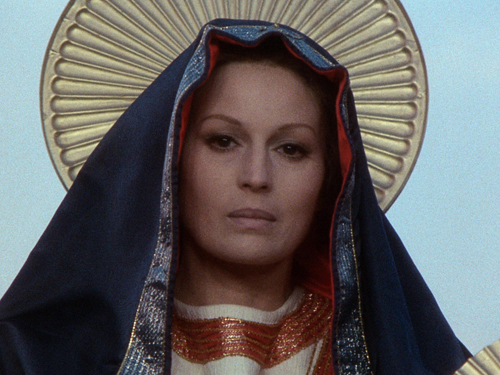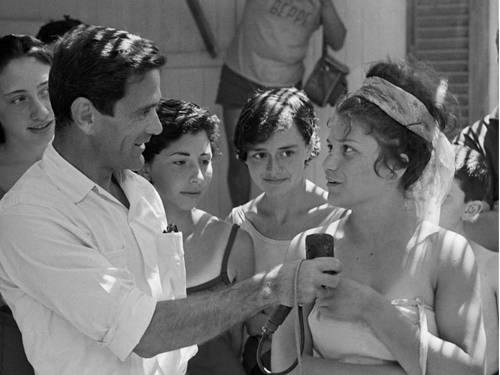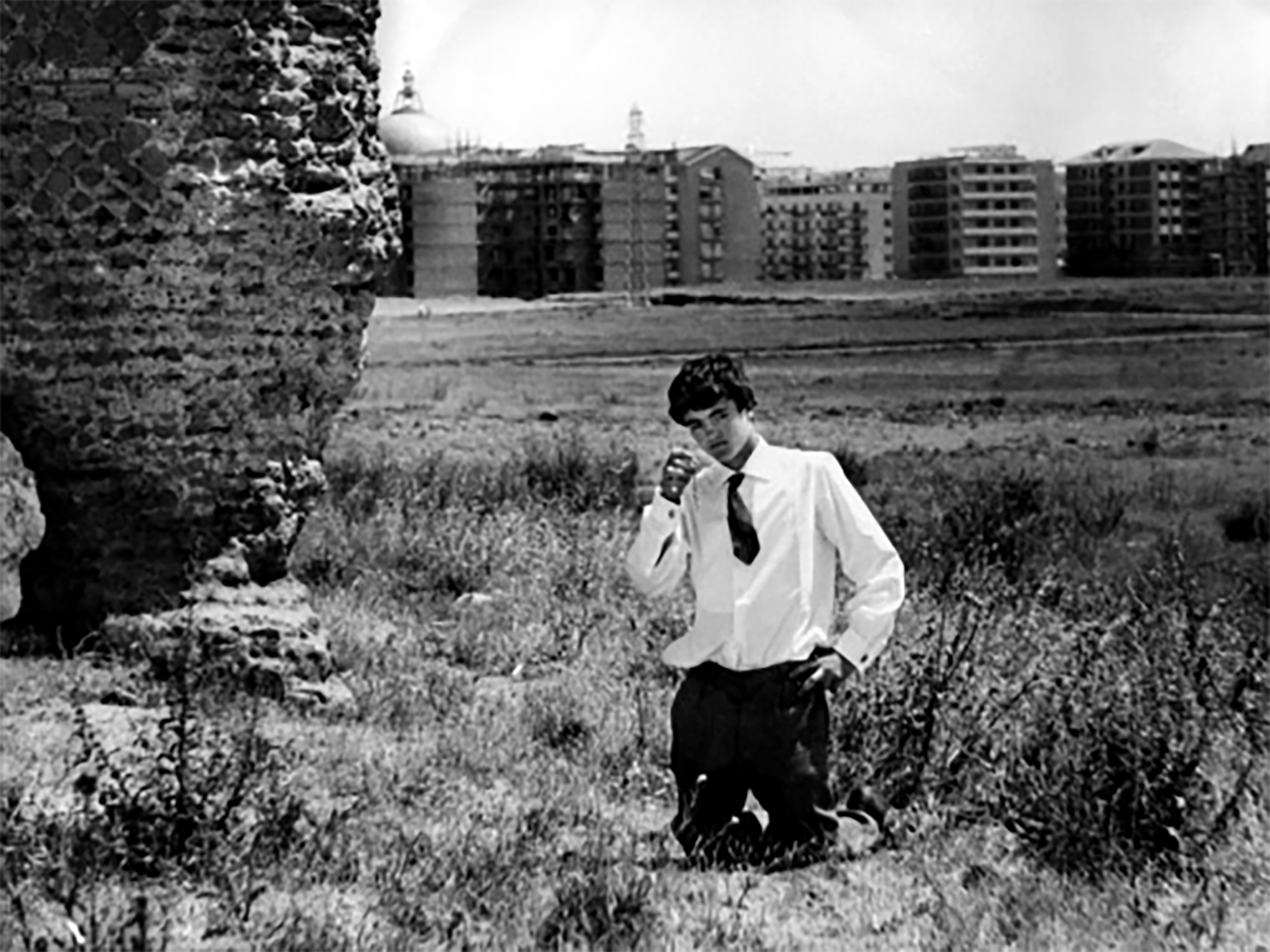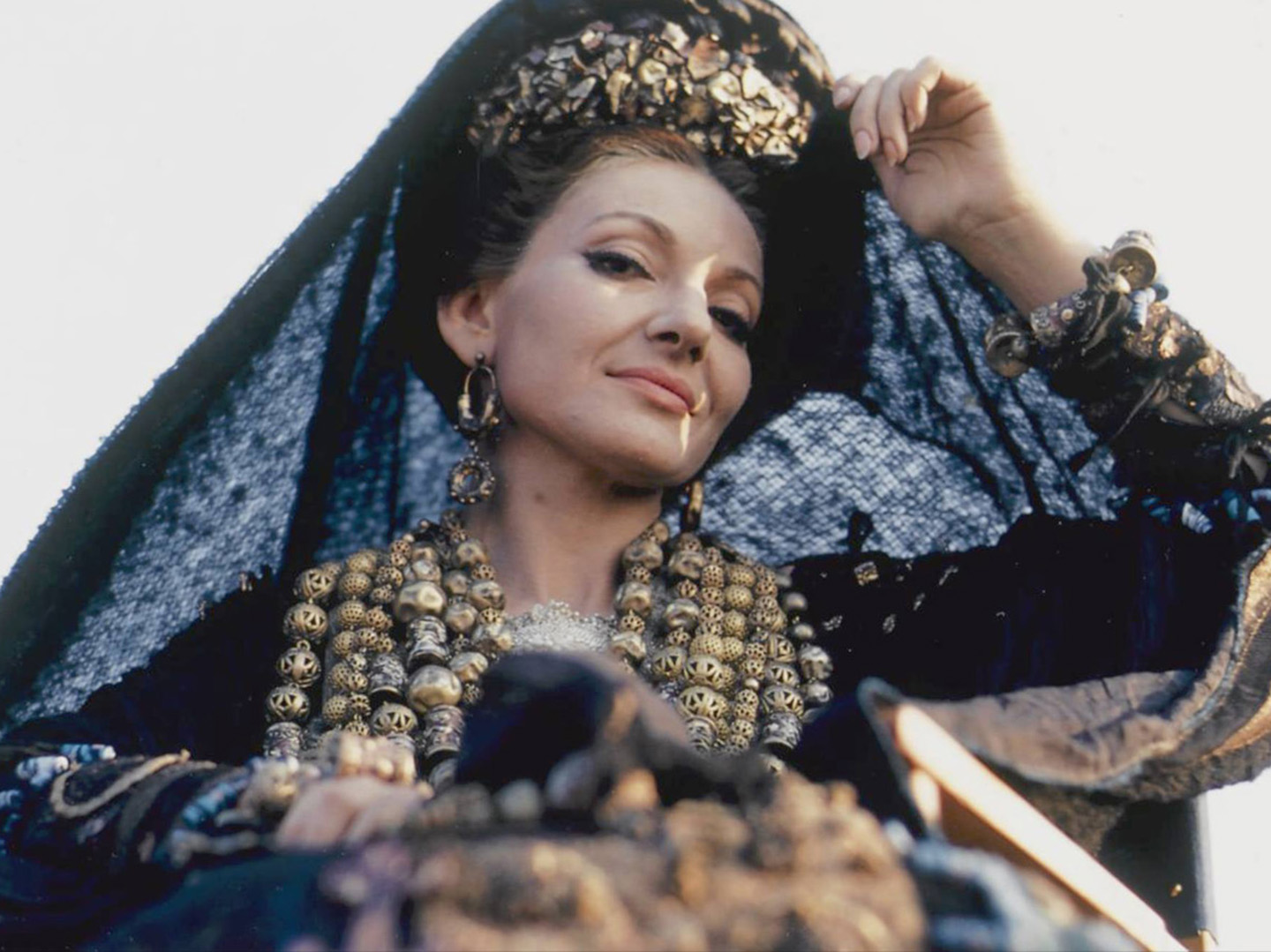FILM PAGE
Pier Paolo Pasolini
Pier Paolo Pasolini (1922-1975) was an Italian filmmaker, poet, writer, actor and public intellectual. He’s known for his raw and poetic films such as Accattone (1961), Mamma Roma (1962), Il vangelo secondo Matteo [The Gospel According to St. Matthew] (1964), Teorema (1968), Il Decameron (1971) and Salò o le 120 giornate di Sodoma (1975). Between 1961 and 1975 he directed 23 films and was co-director or screenwriter for another 18 films. In addition to his films, Pasolini published numerous collections of poems and several works of literary criticism. Pasolini was murdered on 2 November 1975 on the beach of Ostia.
FILM PAGE
FILM PAGE
FILM PAGE
FILM PAGE
FILM PAGE
FILM PAGE
FILM PAGE
FILM PAGE
FILM PAGE
FILM PAGE
FILM PAGE
FILM PAGE
FILM PAGE



